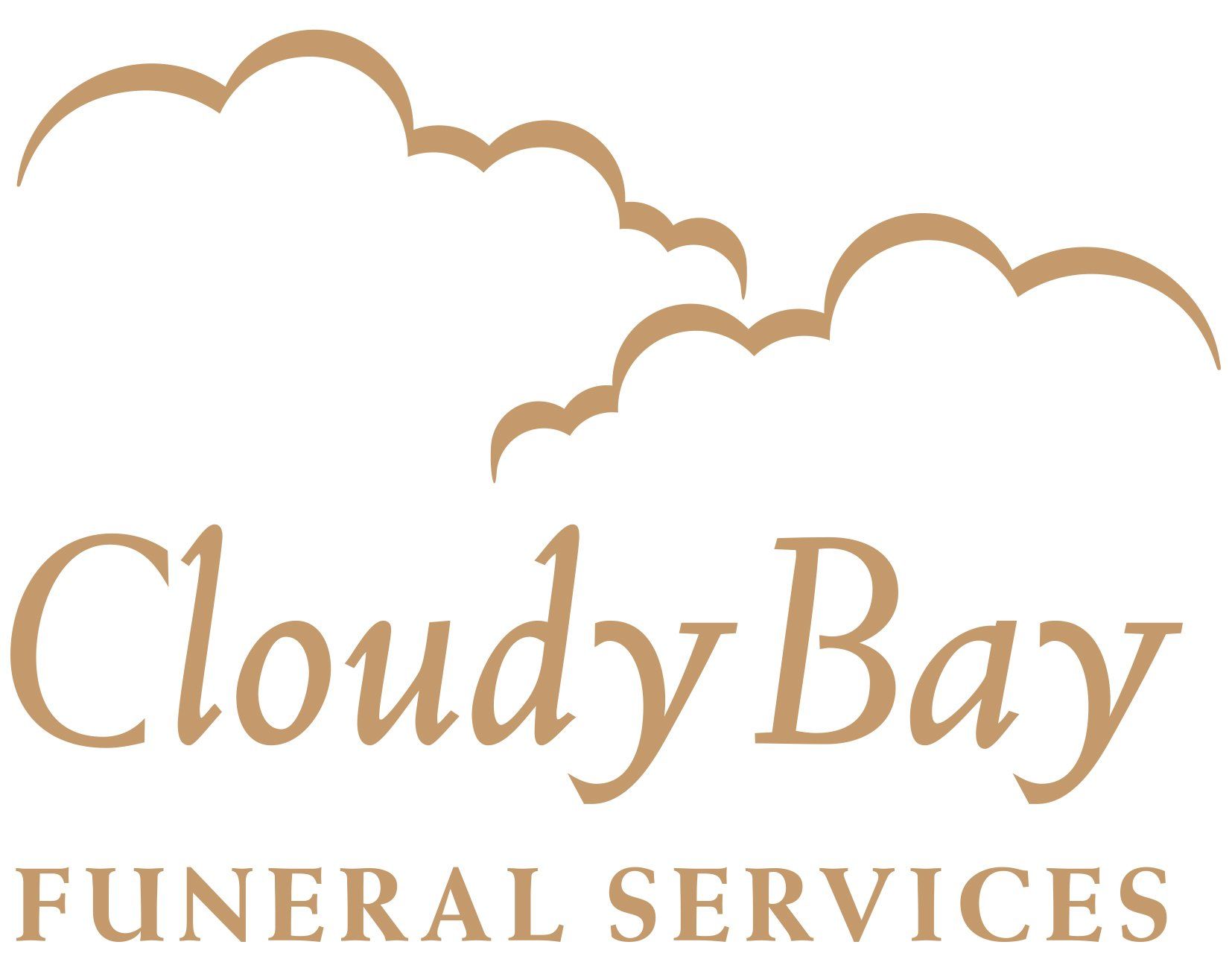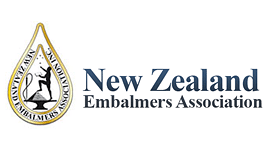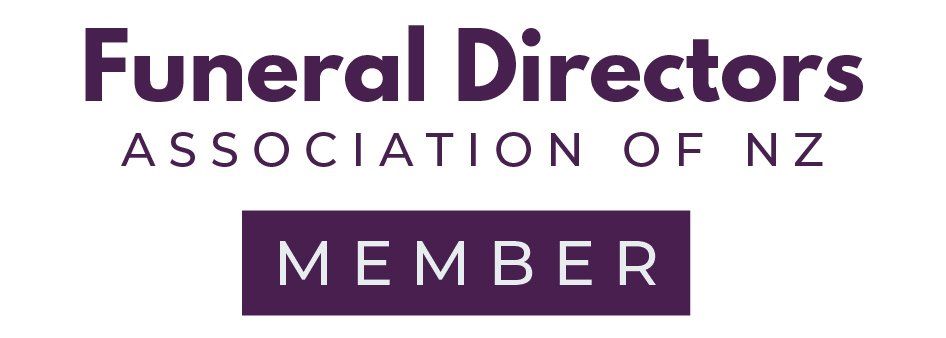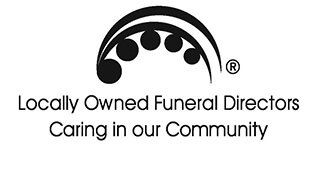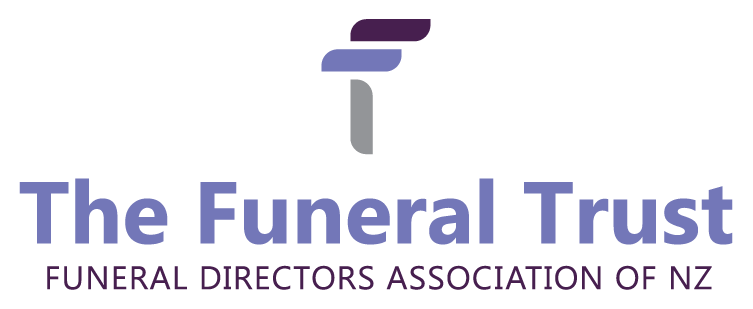Frequently Asked Questions
A death of a loved one is something people can be unprepared for. We are here to help guide and answer any questions you may have.
When someone dies what do I do?
• If you are caring for your loved one at home, notify your family doctor who will complete a medical cause of death certificate and cremation application if required. Nursing staff will do this on your behalf if your loved one is in a nursing facility. Let family members and close friends know.
• Call a funeral director. During this call we will arrange a time with you to transfer your family member to our care. With your permission hospice/nursing staff can arrange the transfer also. If your loved one passes away at home we can advise how best to care for them until our arrival.
• Call the deceased’s solicitor, as there may be directions for the funeral stated in their will.
What do I do when someone dies unexpectedly?
• If a death is unexpected – whether it occurs at home or in a public place – for example, if the person died under anaesthetic, in an accident or cannot be identified – it may be referred by the police to the coroner’s office.
• If the police are involved, they will contact the coroner’s funeral director to transport the deceased to Blenheim Hospital. If a post mortem is required, the deceased will be taken to Nelson Hospital.
• Once the coroner’s office confirms with you that the deceased can be released from coronial care, you are not obliged to use the coroner’s funeral director. At this point, if you would like Cloudy Bay Funeral’s involvement, please contact us.
What does a funeral director do?
After your first phone call letting us know we will:
• Transfer your loved one into our care.
• Gather with family to confirm funeral arrangements and take the personal details for the death registration and discuss a suitable time, day and venue for the funeral.
• Arrange the minister or celebrant for you if you don’t have one in mind. They will then meet with you to confirm the order of service, making sure it runs the way you would like it to.
• Take note of your casket, flower and catering selections.
• Insert newspaper notices as required.
• Book cemetery plot or cremation.
• Arrange RSA representation at the funeral if your loved one was an ex-service person.
• Request clothes for your loved one to wear. We will need all outerwear as well as the underwear and shoes that would have been worn by your loved one.
• Care, dress and present your loved one for viewing in the casket of your choice. A recent photo would be helpful to help us with grooming.
• Time for a viewing at our chapel or wherever you prefer – this is time for you to say your goodbyes in private.
• Organise music, video and photos to use at the funeral.
• Prepare the signing pages for people to sign at the funeral service.
• Book service to reflect what we have discussed at the arrangement meeting.
• Book and complete forms for either burial or cremation – depending on your choice.
• Arrange an estimate of the funeral costs.
• Lodge with the department of internal affairs the registration of death and order a copy of the death certificate.
At this time we will also discover any special things that will make the service unique to you and your family.
Is it important to see the deceased?
We think it is important, if you can, to make your goodbyes with your loved one’s body still present, but it is a personal choice.
It is called a viewing when, before a funeral, family and friends, including children, spend time with someone who has died. A viewing can be a positive and precious experience.
It can be a time to place mementos such as cards, letters, small gifts, photos, flowers and other significant objects in the casket.
Grief counselors say a viewing – like a funeral – is important in helping process the reality of death and to work through grief. Sometimes just sitting with a closed casket and reflecting is a positive experience. If you’re not sure whether viewing is right for you.
Is embalming needed?
Embalming does not have to be used for everyone – some people require more intervention than others to be hygienically preserved after death. Factors ranging from the weather to recently used medicines can impact how well the body can be preserved.
Our experienced embalmers have found that embalming best preserves someone’s dignity and allows the family the time needed for a viewing and to say goodbyes.
Can a family friend take the service?
The funeral service can be led by anyone you think would be right for the role. We will work alongside them to make a unique funeral fitting for your loved one. Otherwise, we can guide you as to whether a funeral celebrant or minister would be best for you.
Can you assist us in Eco-Friendly Funerals?
David and Alan are Marlborough’s registered members of the Natural Burials NZ and as such can offer suggestions and resources that fit within their guidelines, ensuring environmentally aware options for cremation and burial services.
What happens if someone we know dies in NZ and needs to be transported back to their country?
Repatriation is taking home the body or the remains of someone who has died away from their home. Cloudy Bay Funeral Services have dealt with a lot of repatriation over the years. We offer a complete worldwide repatriation service to all parts of NZ or overseas which include.
• Removal of the deceased
• Embalming
• Correct casket for transportation
• Air transportation
As this is a process that can be very involved we need to be contacted as soon as possible so we can start planning to make this as quickly and efficiently as we can.
Compassionate Airfares - Can we get discounted airfares to attend a funeral out of town?
Air New Zealand offer compassionate airfares to immediate family members. This is only available for travel within New Zealand - whether you are coming to us for a funeral or you need to go to a funeral in another part of the country.
As this usually needs to be arranged only a few days prior to the funeral often the airfares are at the higher price. These airfares offer a reduction on full or higher priced fares, but does not apply to some of the lower priced fairs that are below the compassionate airfare level.
After the service the family member applies for a refund supplying the necessary documentation. Air New Zealand requires the need for prior approval before you send in the formal application.
This means you have to phone the refunds team on 0800 733 6837 with your booking or ticket reference number.
The Air New Zealand refund staff will then advise you if there is likely to be a partial refund to the airfare if it is below the compassionate fare level.
If you are entitled to a partial refund, you then need to fill in the form provided (by your funeral director from New Zealand) and fax or mail it to the refunds processing team at Air New Zealand.
We are able to assist you by sending letters to Air New Zealand verifying the funeral details of your loved one.
Financial Assistance and Grants
As times have changed so have the requirements of individual families. As professional funeral directors, we have embraced these changes and as a result endeavor to do all we can to facilitate family requests, however different they may be.
• Work and Income Funeral Grant – A funeral grant can help pay for some of the costs when someone close to you has died. We are able to assist you in this area by guiding you through the necessary channels to apply for this grant.
• ACC Funeral Grant – If a sudden death happens from an accident or injury, ACC can help toward this cost. This can be paid out for both New Zealander’s and overseas visitors to New Zealand.
